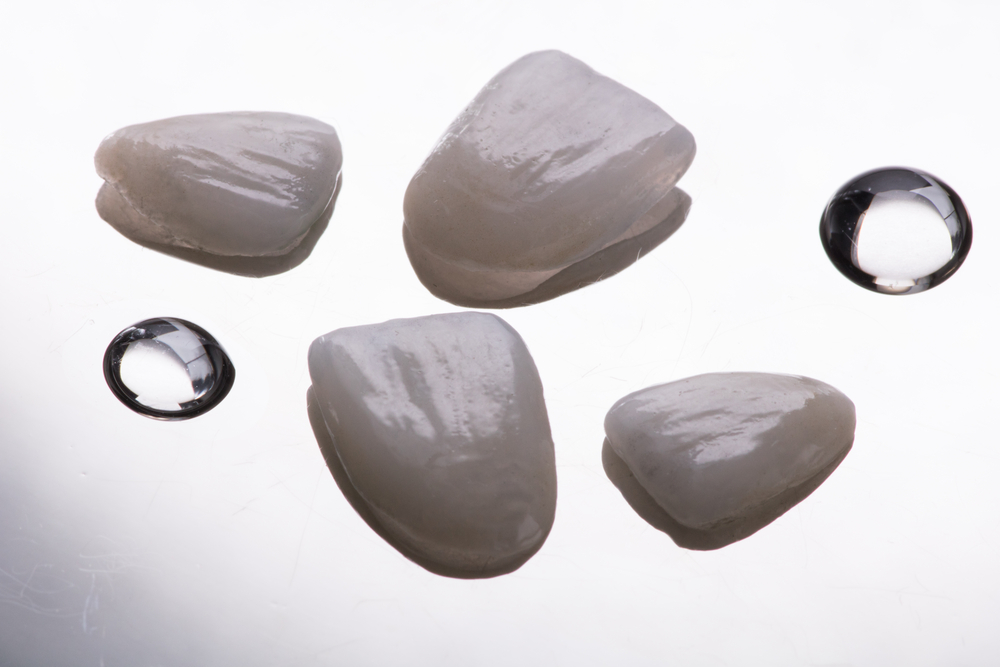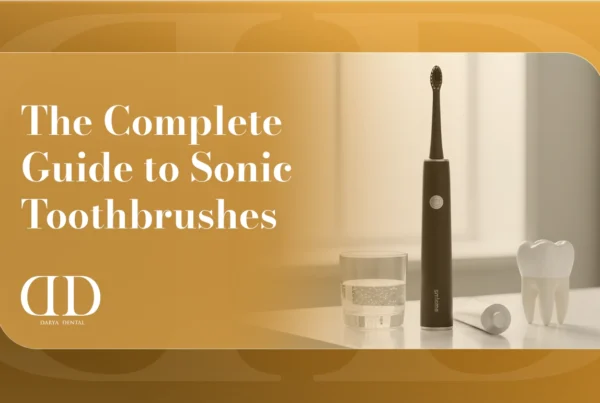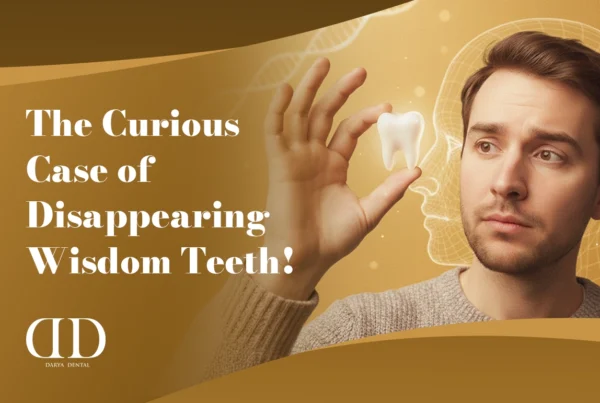Emax dental veneer
Emax dental veneers are a type of porcelain veneers that are made from lithium disilicate, a type of glass-ceramic material. Emax veneers are known for their high strength and durability, as well as their natural-looking appearance.
The process for placing Emax veneers is similar to that for traditional porcelain veneers. The dentist will first prepare the tooth by removing a small amount of enamel from the front surface. Impressions of the prepared tooth will be taken and sent to a dental laboratory where the veneer will be custom-made to fit the patient’s tooth.
While the veneer is being made, the dentist will place a temporary veneer on the prepared tooth. Once the permanent veneer is ready, the patient will return to the dentist for a second appointment to have the temporary veneer removed and the permanent veneer cemented in place.
Emax veneers typically cost more than traditional porcelain veneers. The cost of Emax veneers can vary depending on the number of veneers needed and the location of the dental practice.
Emax veneers are known for their strength and durability, and with proper care and maintenance, they can last for many years. It is important to maintain good oral hygiene and to see your dentist for regular check-ups to ensure the longevity of your Emax veneers.
What is Emax dental veneer?
Emax dental veneers are a type of porcelain veneers that are made from lithium disilicate, a type of glass-ceramic material. Emax veneers are known for their high strength and durability, as well as their natural-looking appearance. They are a popular option for improving the appearance of teeth that are discolored, misshapen, or have gaps between them. They are also used to mask dental defects such as chips, cracks, or stains. The treatment process involves preparing the tooth by removing a small amount of enamel and taking an impression of the tooth which will be sent to a laboratory for the custom-made veneer. Once the veneer is ready, the dentist will place it on the tooth and cement it in place. Emax veneers typically cost more than traditional porcelain veneers. The cost of Emax veneers can vary depending on the number of veneers needed and the location of the dental practice.
Emax Dental Veneers Prices
The cost of Emax dental veneers can vary depending on the number of veneers needed and the location of the dental practice. On average, the cost of one Emax dental veneer can range from $800 to $2000 in the United States. However, the cost can be higher in some areas, such as major metropolitan cities. It is important to note that the cost of Emax dental veneers is not typically covered by dental insurance, so patients will need to pay for the procedure out of pocket. It is always recommended to consult with the dental clinic to get an estimate of the cost and also check if they have any financing options available.
How long is the Emax dental veneer life?
Emax dental veneers are made of a type of ceramic material called lithium disilicate. These veneers have a lifespan of around 10-15 years, although they can last even longer with proper care and maintenance. It’s important to note that the longevity of dental veneers can vary depending on factors such as the patient’s oral hygiene, the amount of wear and tear the veneers are exposed to, and the skill of the dentist who placed them.
Emax Dental Veneer Advantages
Emax dental veneers have several advantages over other types of veneers, including:
-
- Strength: Emax veneers are made of lithium disilicate, which is a strong and durable ceramic material. This makes them less likely to chip or break compared to traditional porcelain veneers.
- Aesthetics: Emax veneers are highly translucent, which allows them to mimic the natural translucency of tooth enamel. This gives them a more natural and lifelike appearance.
- Versatility: Emax veneers can be used to correct a wide range of dental problems, including discoloration, gaps between teeth, and misshapen teeth.
- Minimal preparation: Emax veneers require less tooth reduction compared to traditional porcelain veneers, which means that more of the healthy tooth structure is preserved.
- Long-lasting: With proper care and maintenance, Emax veneers can last for 10-15 years or more.
It’s important to note that the success of the treatment depends on the skill and experience of the dentist who performs it.
Emax Dental Veneer Treatment Time
The length of time required for Emax dental veneer treatment can vary depending on the number of veneers being placed, the condition of the patient’s teeth, and the complexity of the case. Typically, the treatment can be completed in two to three office visits.
The first visit is a consultation, where the dentist will evaluate the patient’s oral health, take X-rays and impressions of the teeth, and discuss the treatment plan with the patient.
The second visit is when the teeth will be prepared for the veneers. This typically involves removing a small amount of tooth structure to make room for the veneers and taking an impression of the prepared teeth.
The final visit is when the veneers are placed. The dentist will first place a temporary veneer and the final veneers are placed after a week or two.
It’s important to note that the final veneers are fabricated in the laboratory and the time required for the final veneers to be fabricated varies between dental labs.
It’s important to discuss with the dentist about the treatment plan and the time required before the treatment starts.
For whom Emax dental veneer can not be applied?
Emax dental veneers may not be suitable for everyone. There are certain conditions that may contraindicate the use of Emax veneers, such as:
-
- Tooth decay: If a tooth has active decay, it must be treated before placing a veneer.
- Gum disease: If a patient has active gum disease, it must be treated and managed before placing veneers.
- Bruxism: Bruxism, or teeth grinding, can cause excessive wear and tear on veneers. Patients who grind their teeth may be advised to use a nightguard to protect their veneers.
- Weak tooth structure: If a tooth has insufficient remaining structure to support a veneer, an alternative treatment may be recommended.
- Poor oral hygiene: A patient with poor oral hygiene may not be a good candidate for veneers because plaque and bacteria can accumulate around the margin of the veneer, leading to decay and failure.
- Habits like biting nails, chewing ice, biting hard objects can cause damage to veneers.
It’s important for patients to have a thorough consultation with their dentist to determine whether Emax veneers are the best option for their individual needs, and if there are any contraindications.






